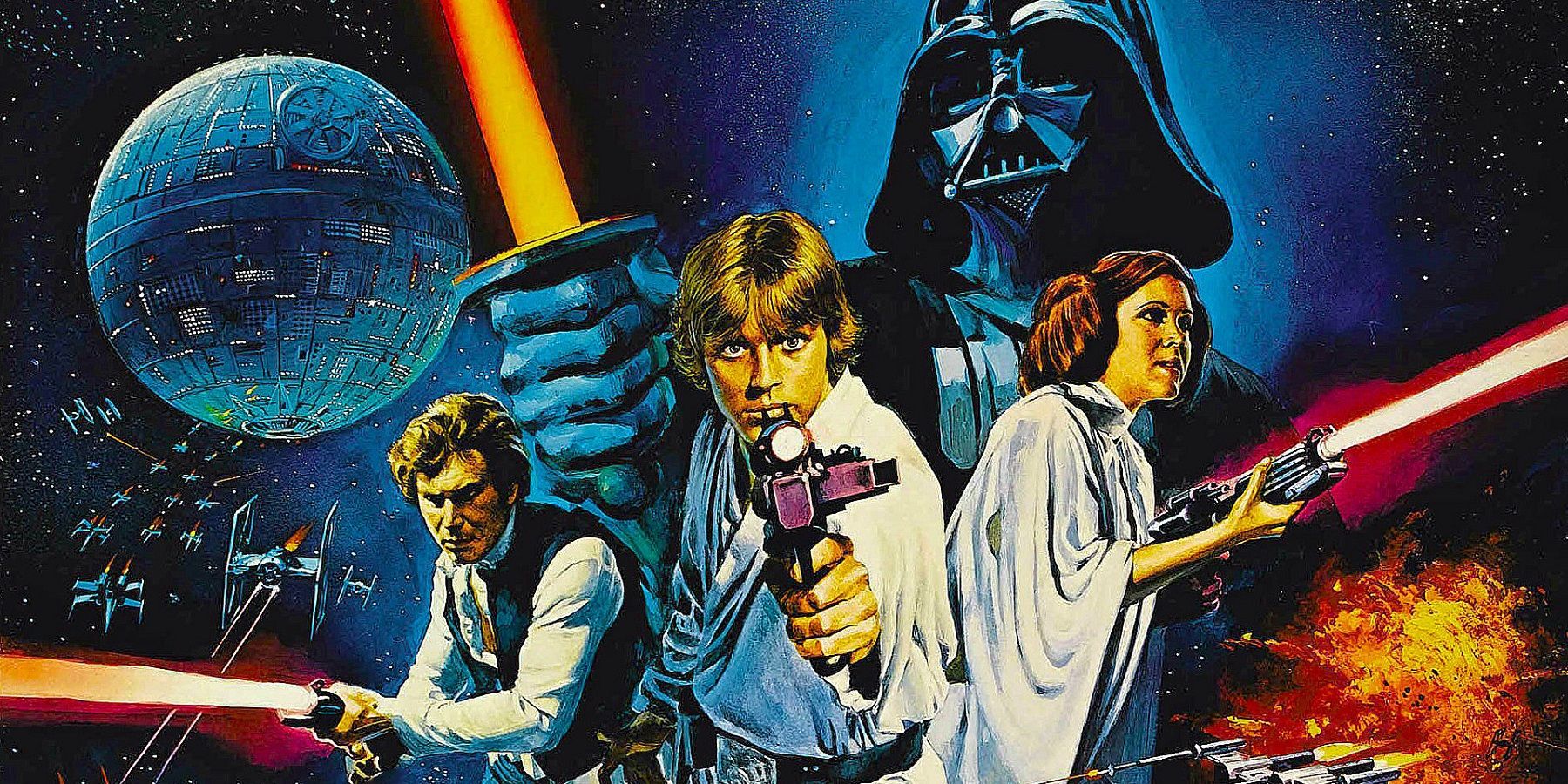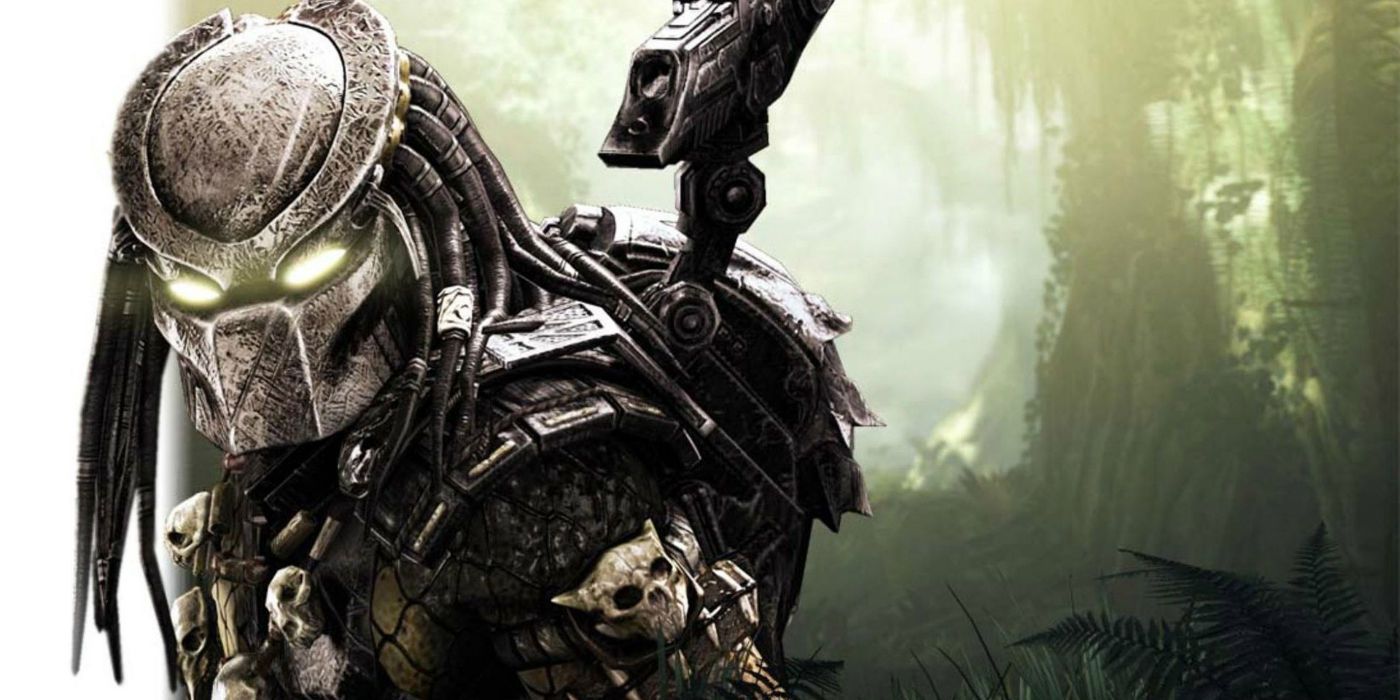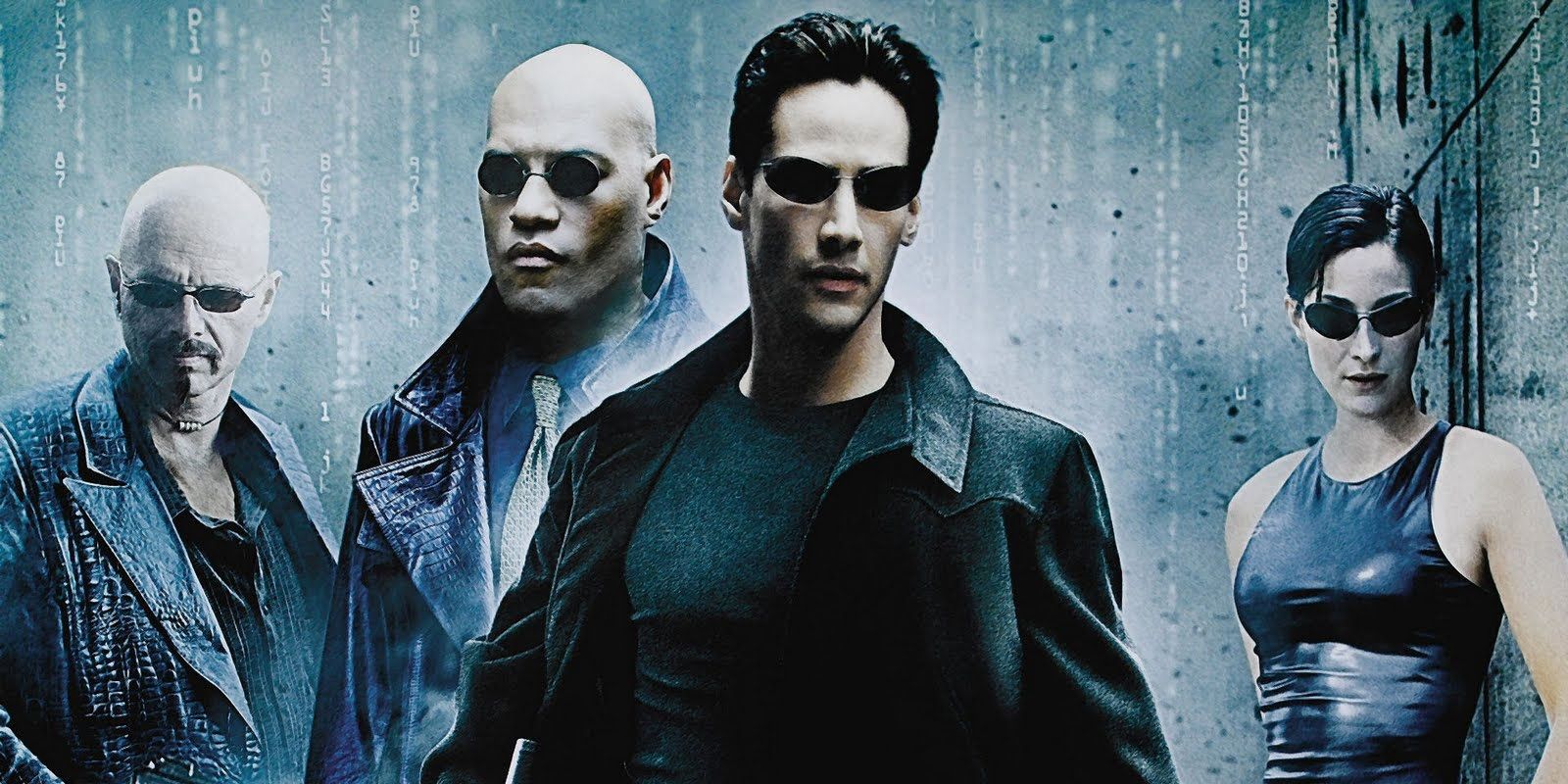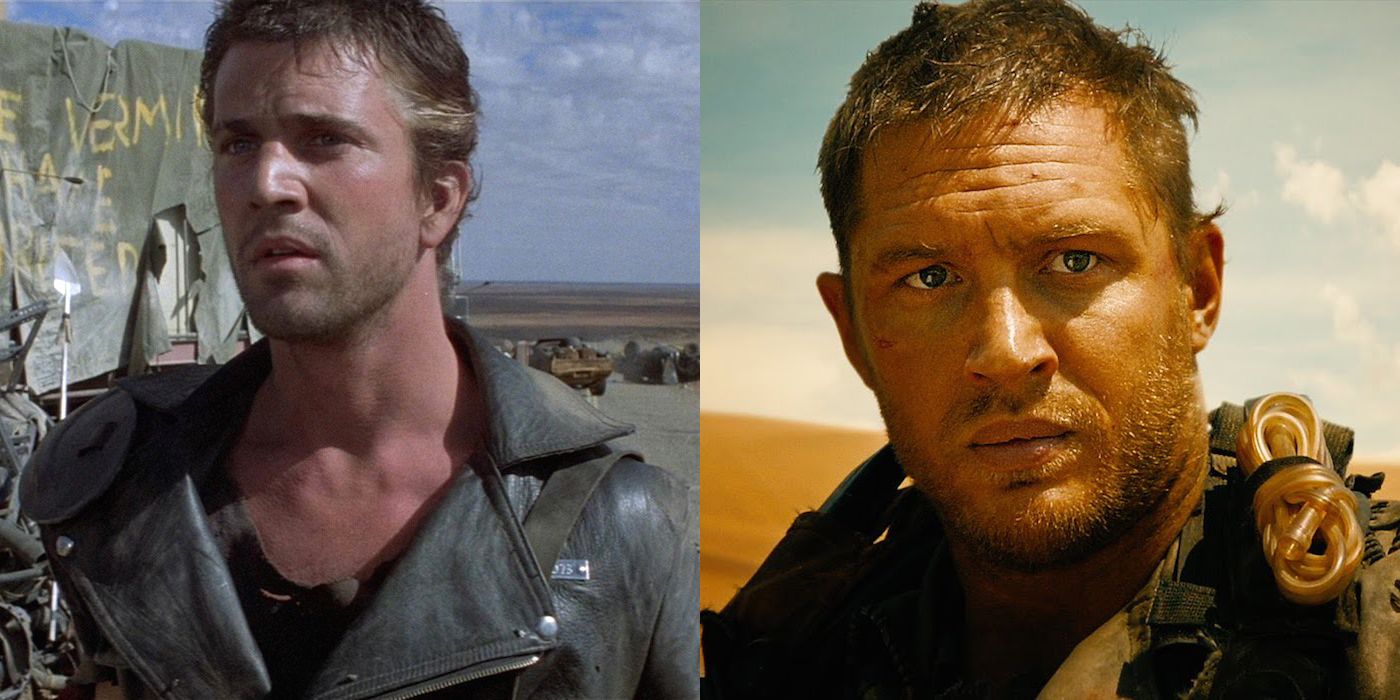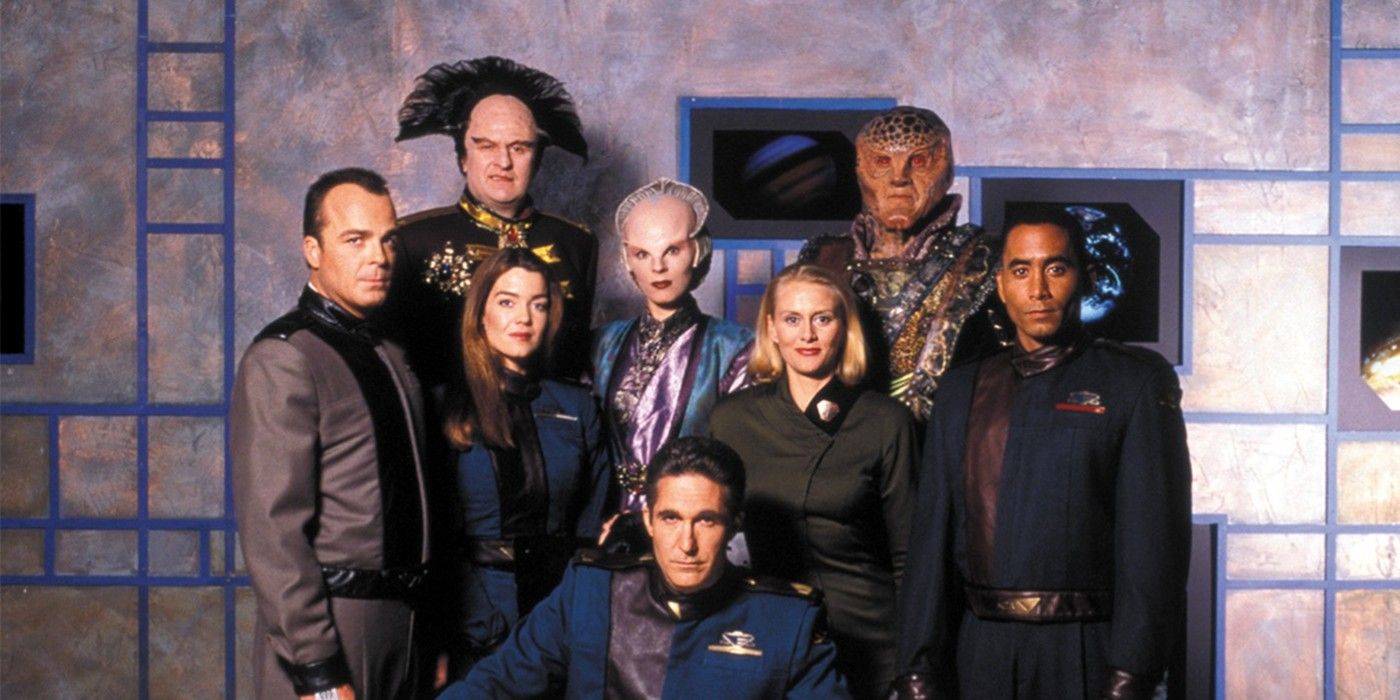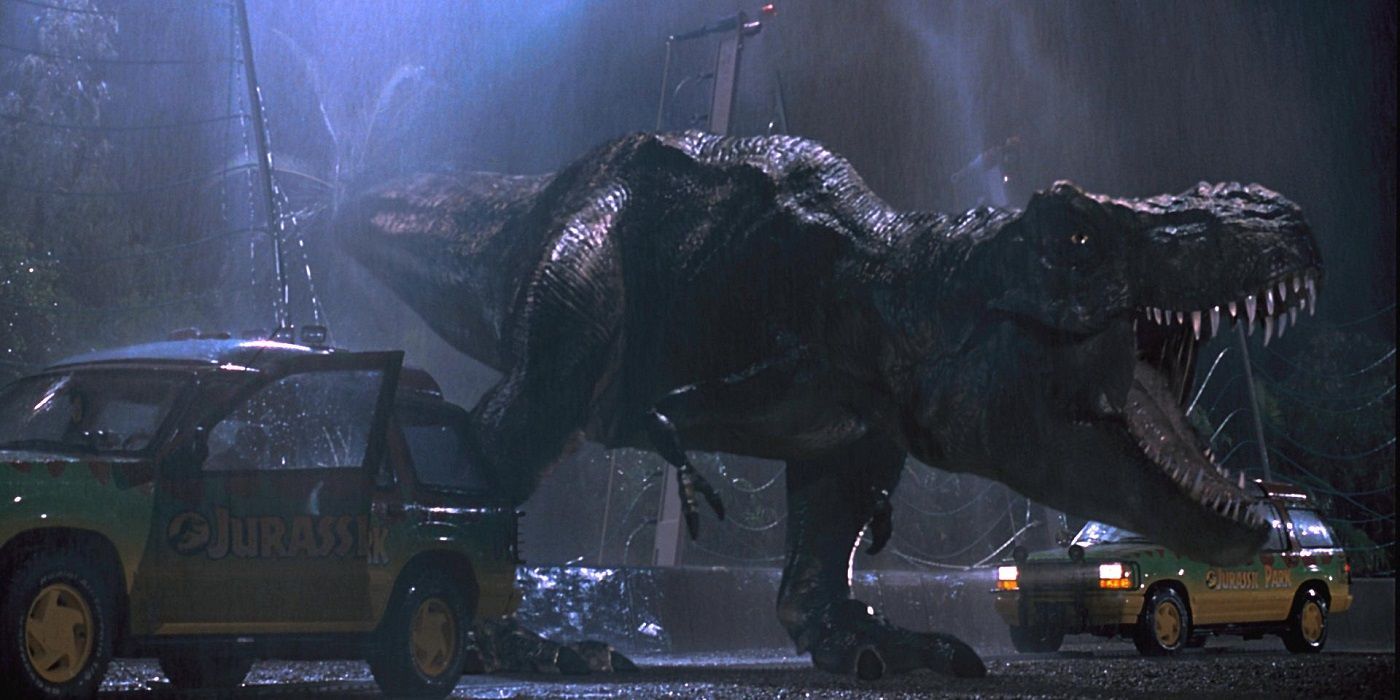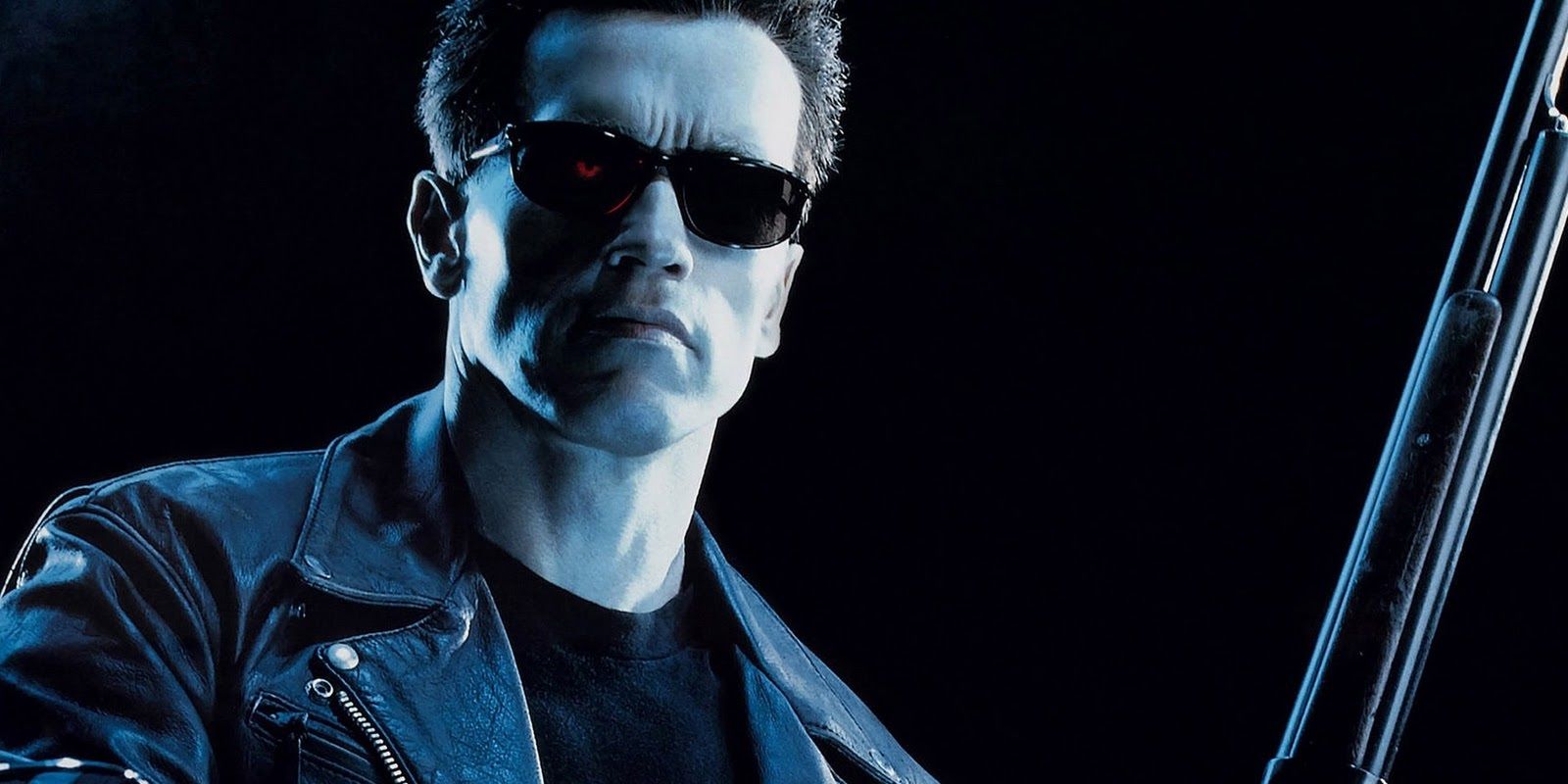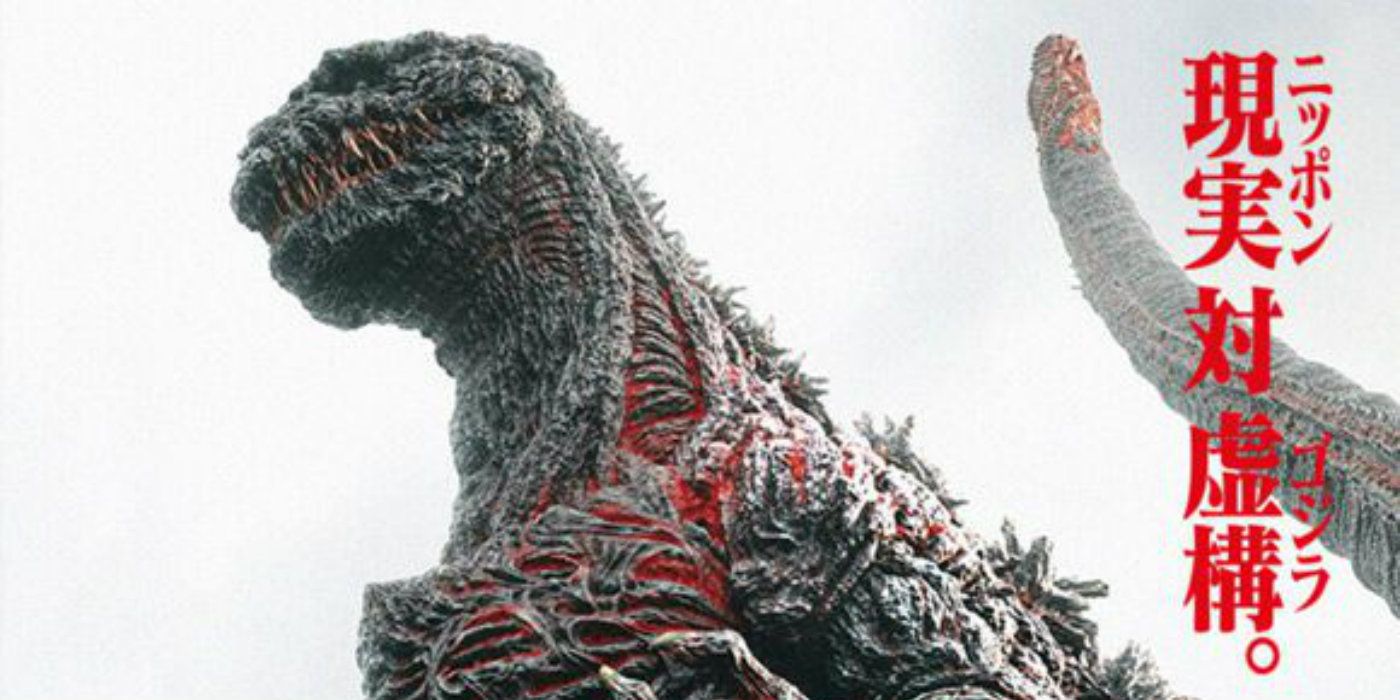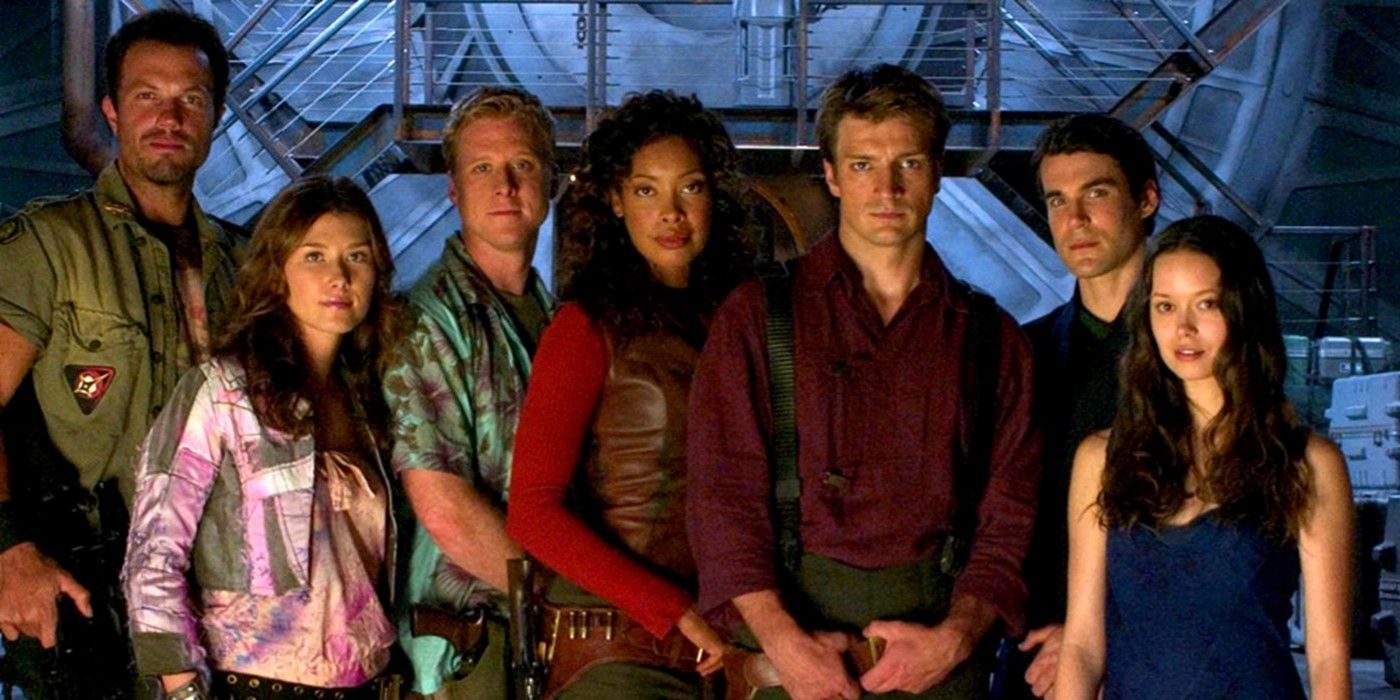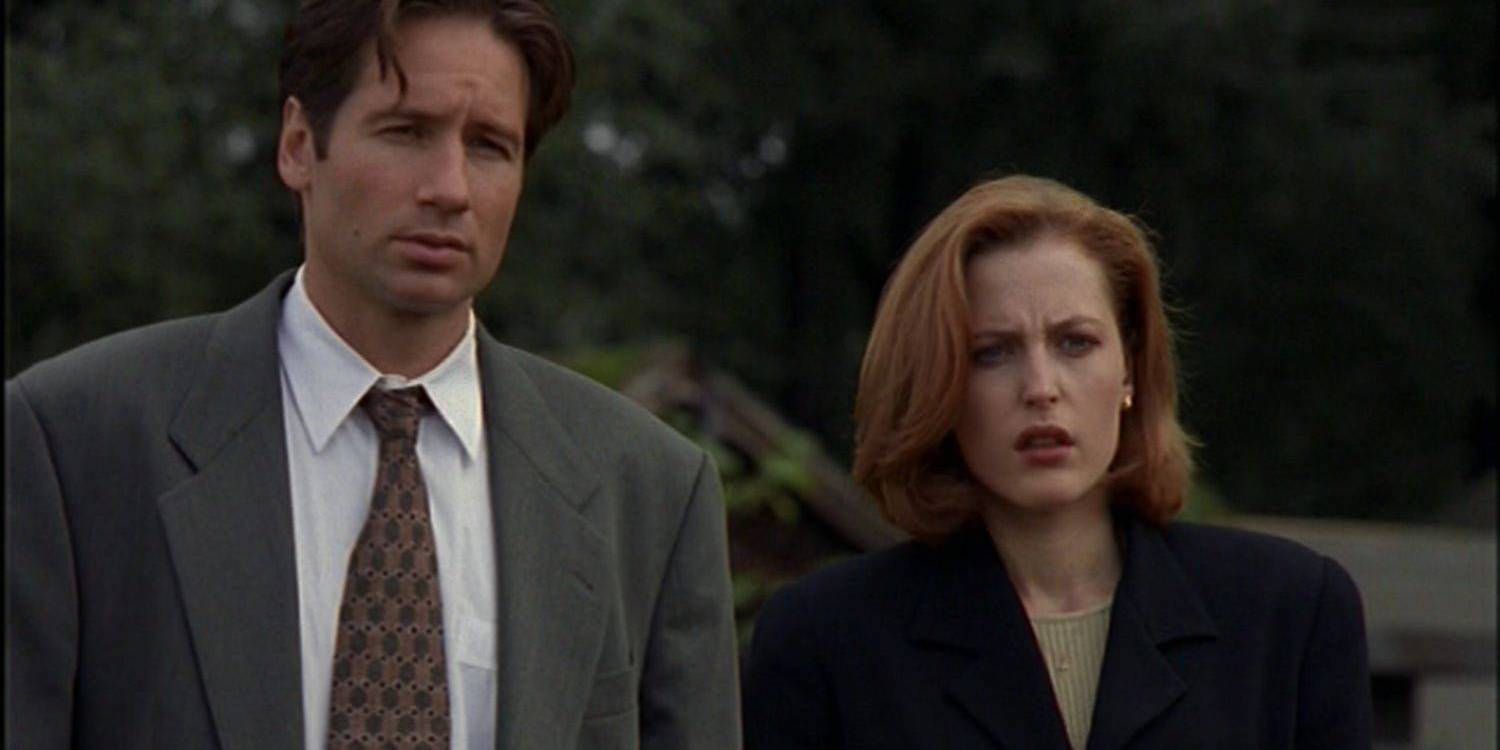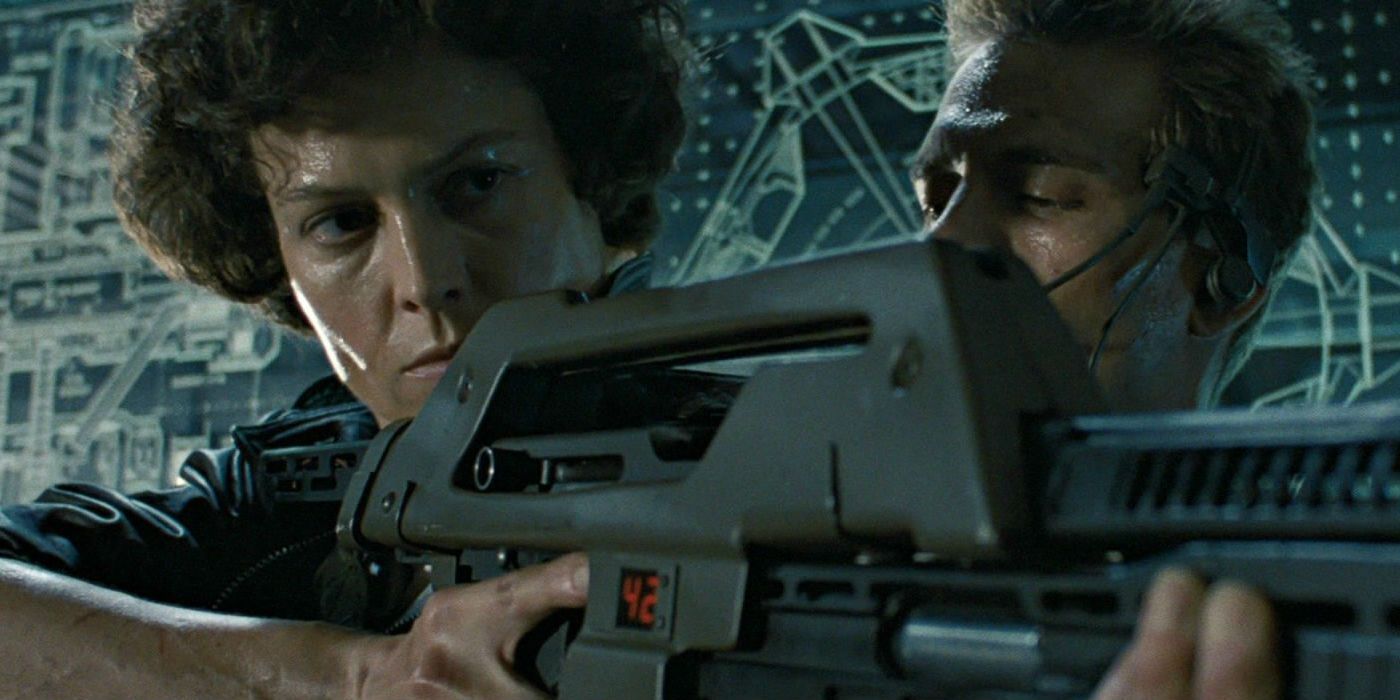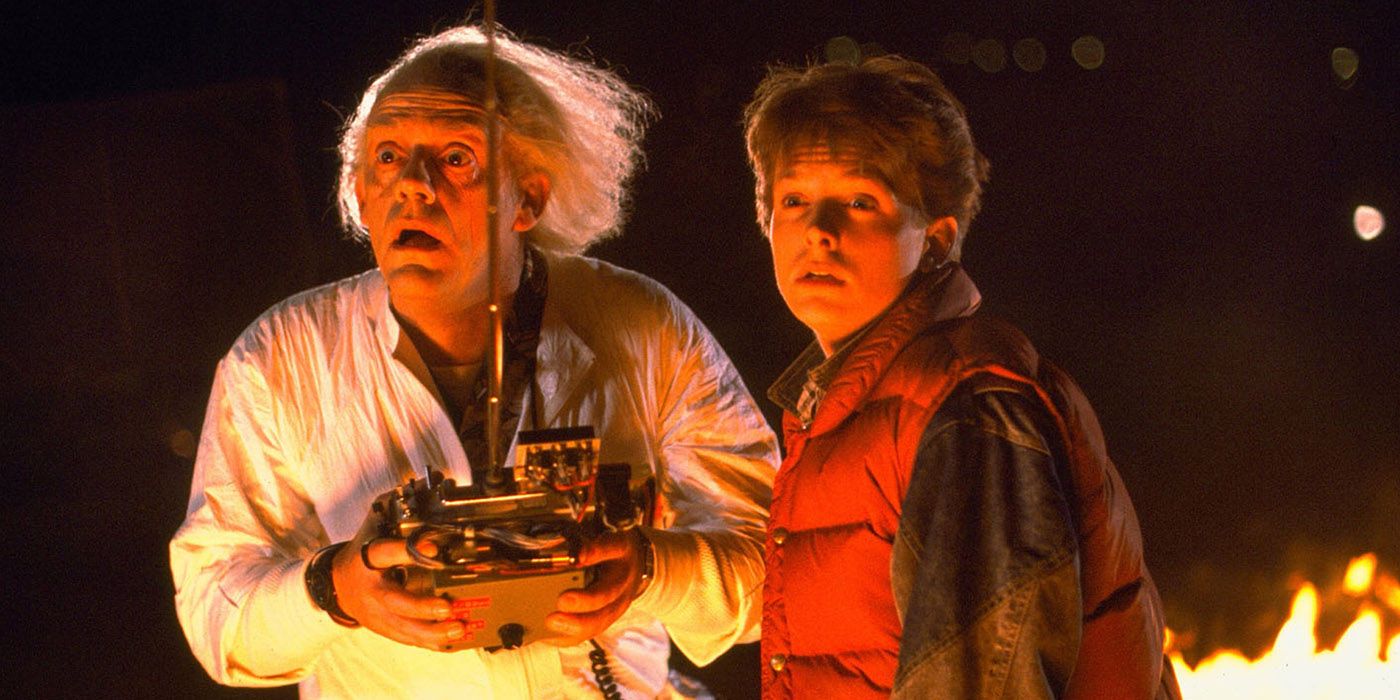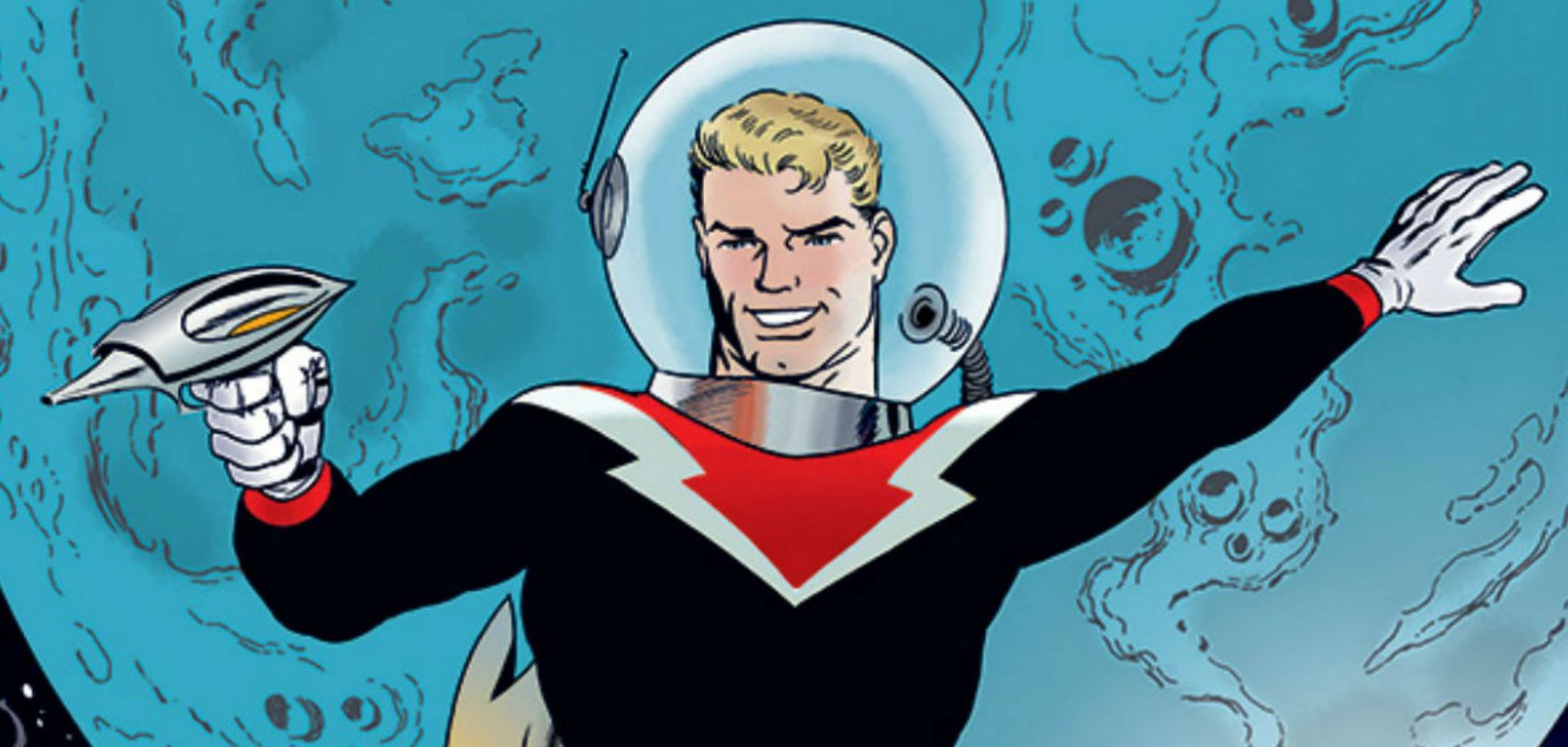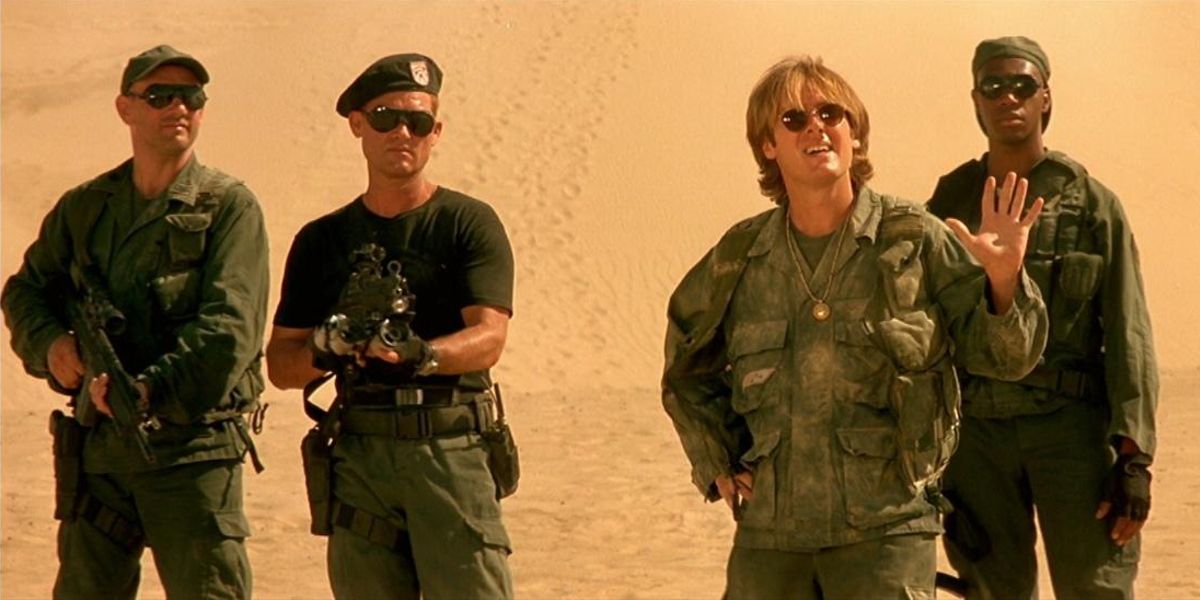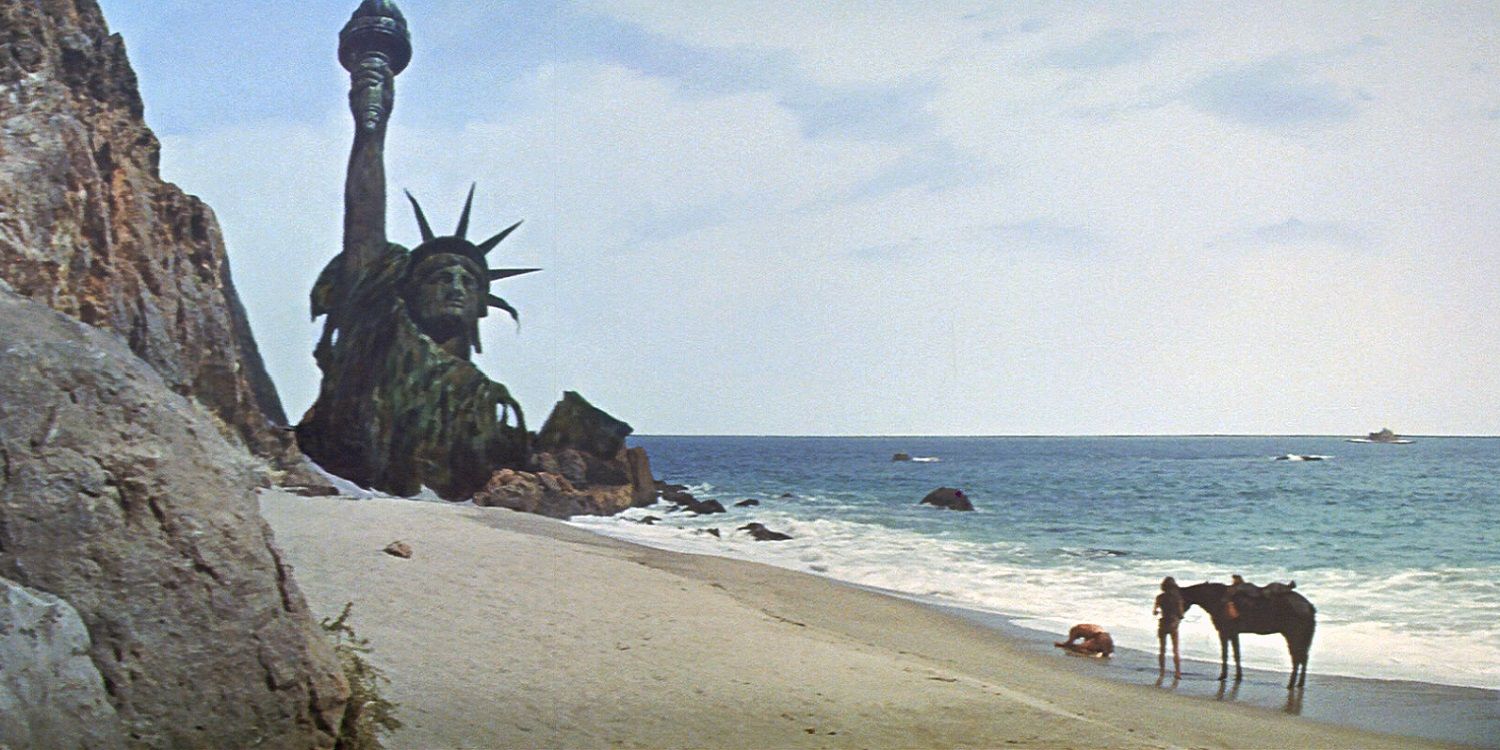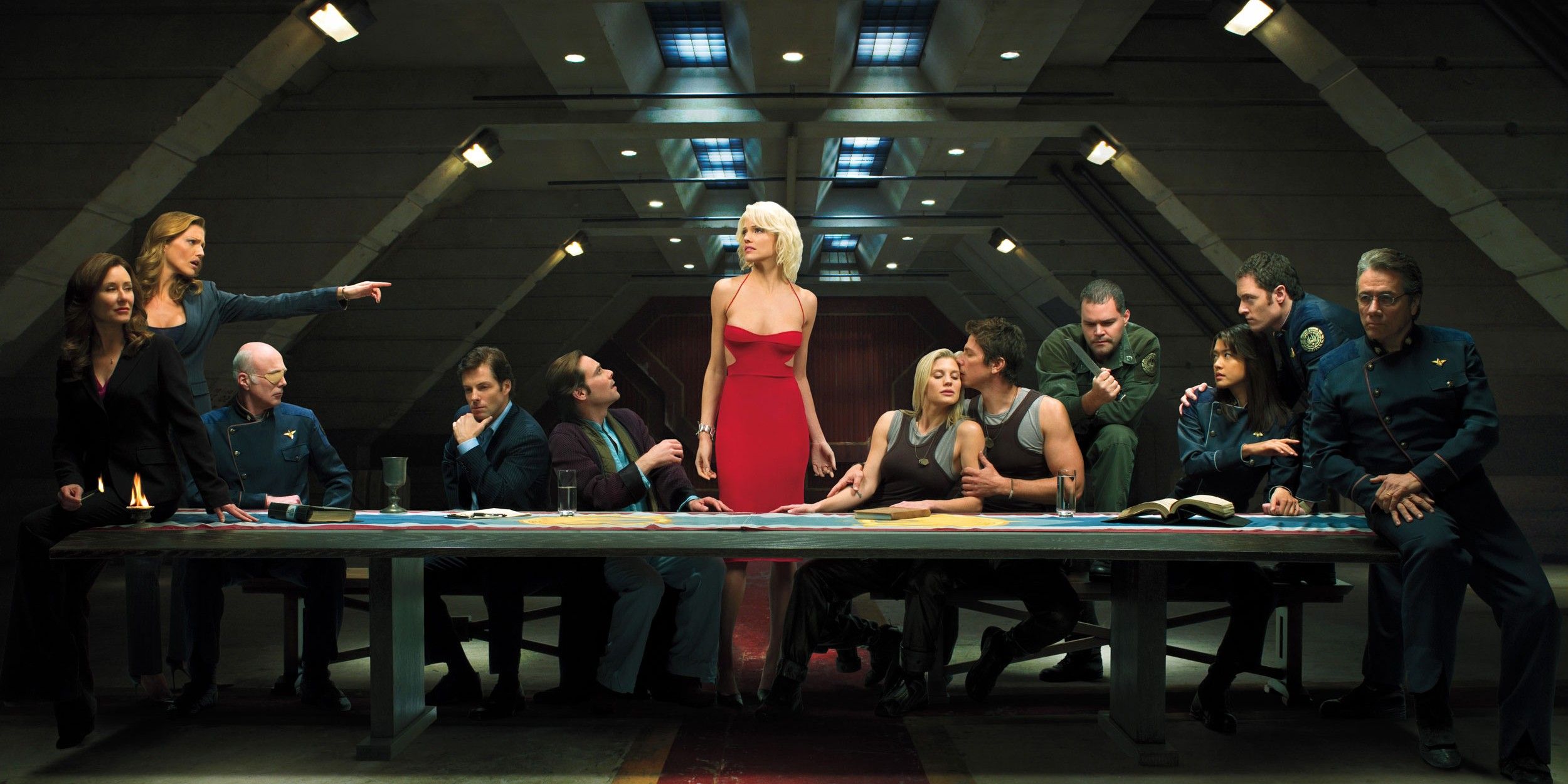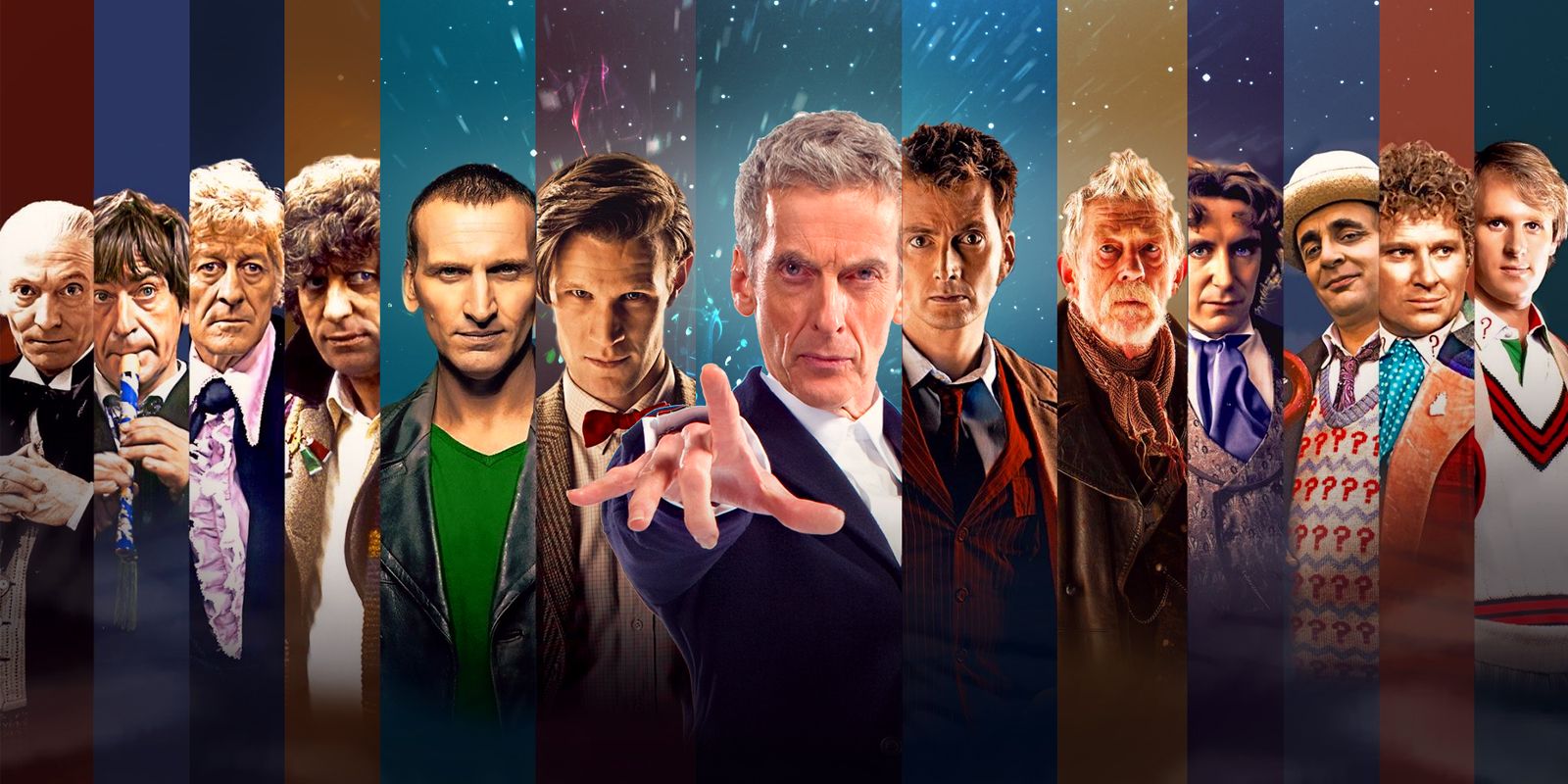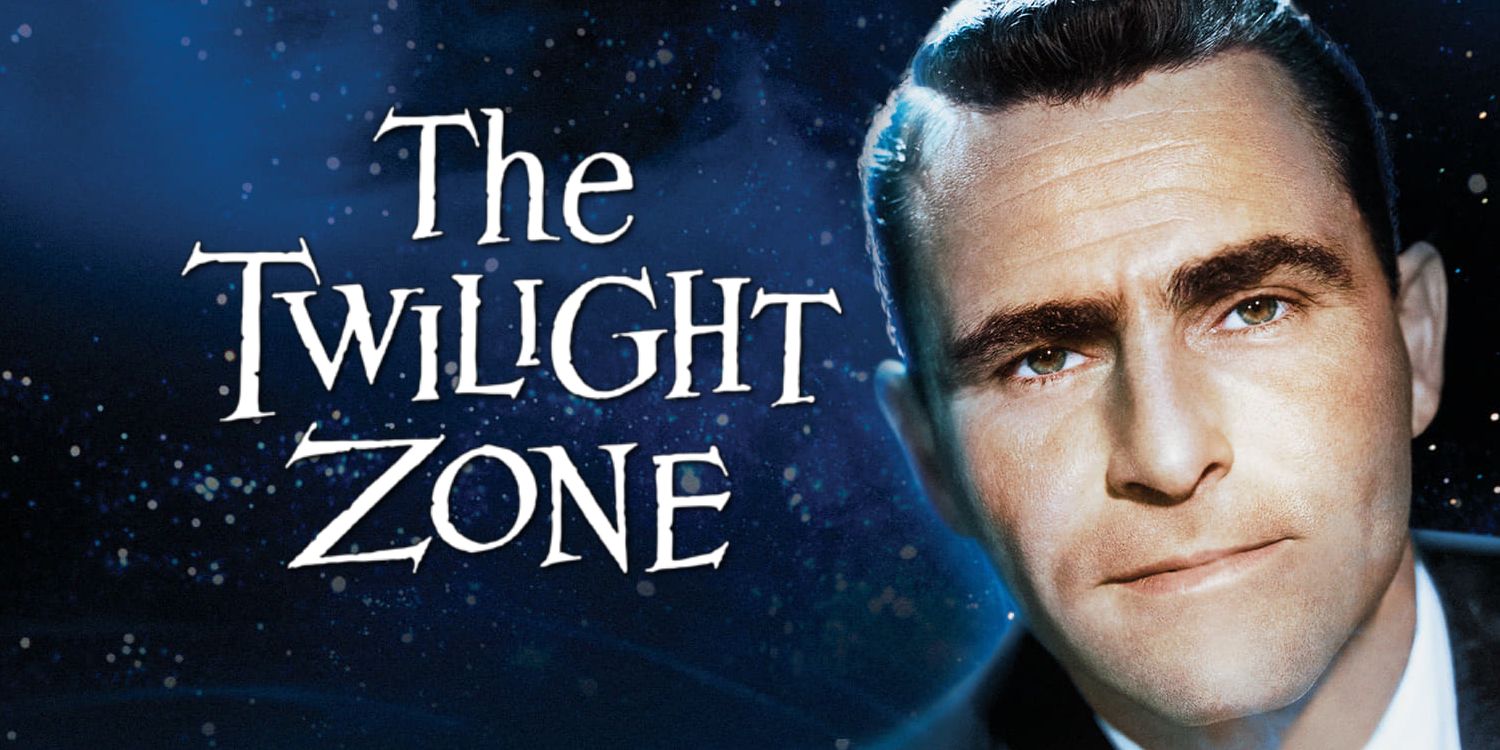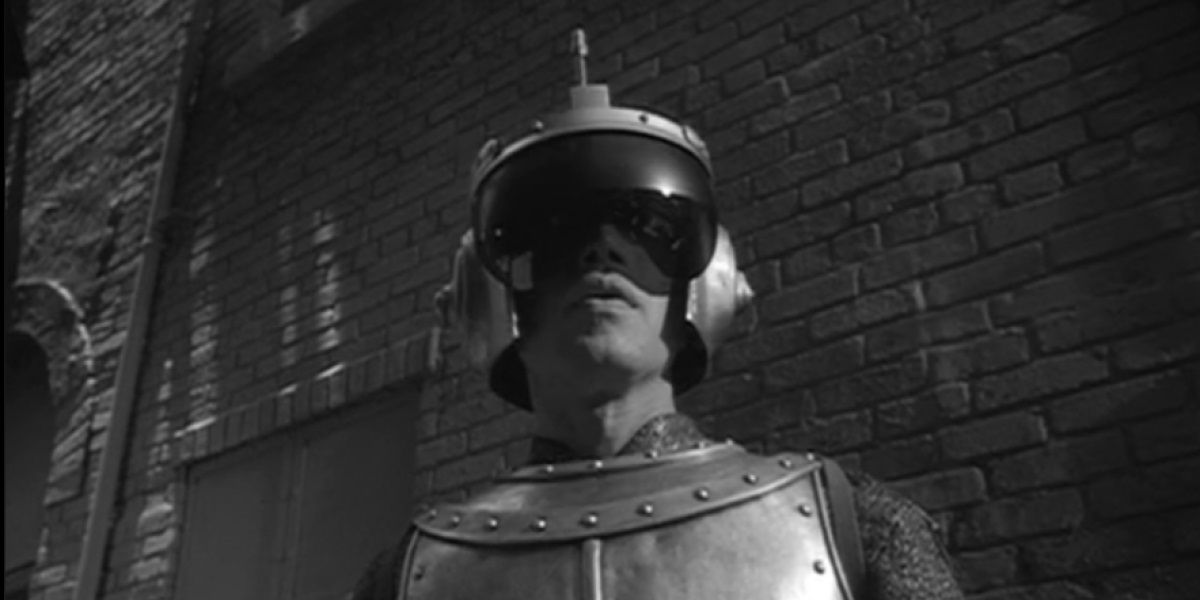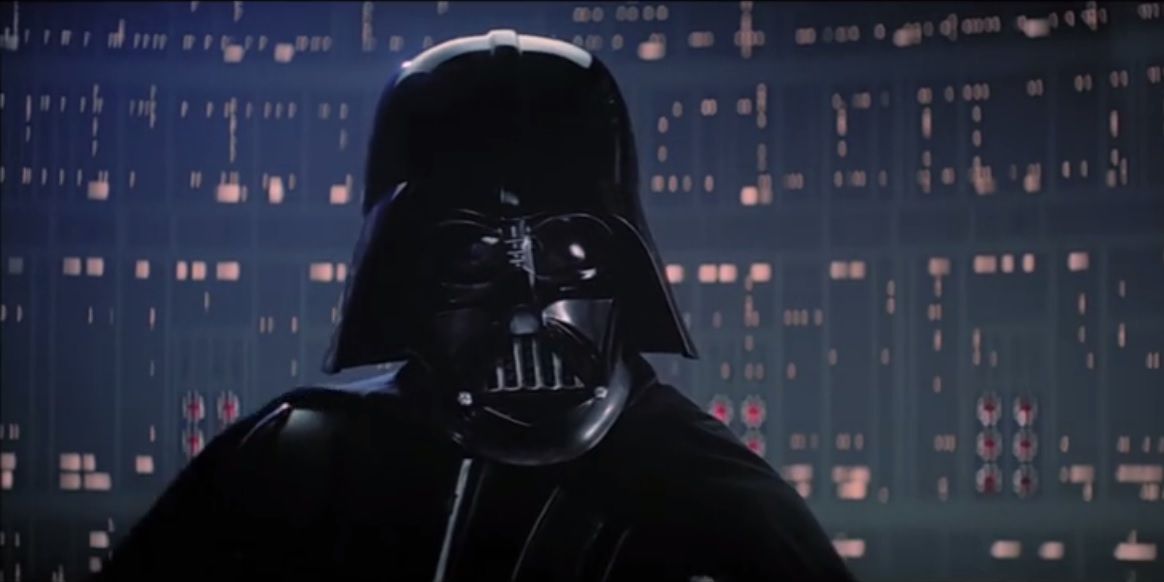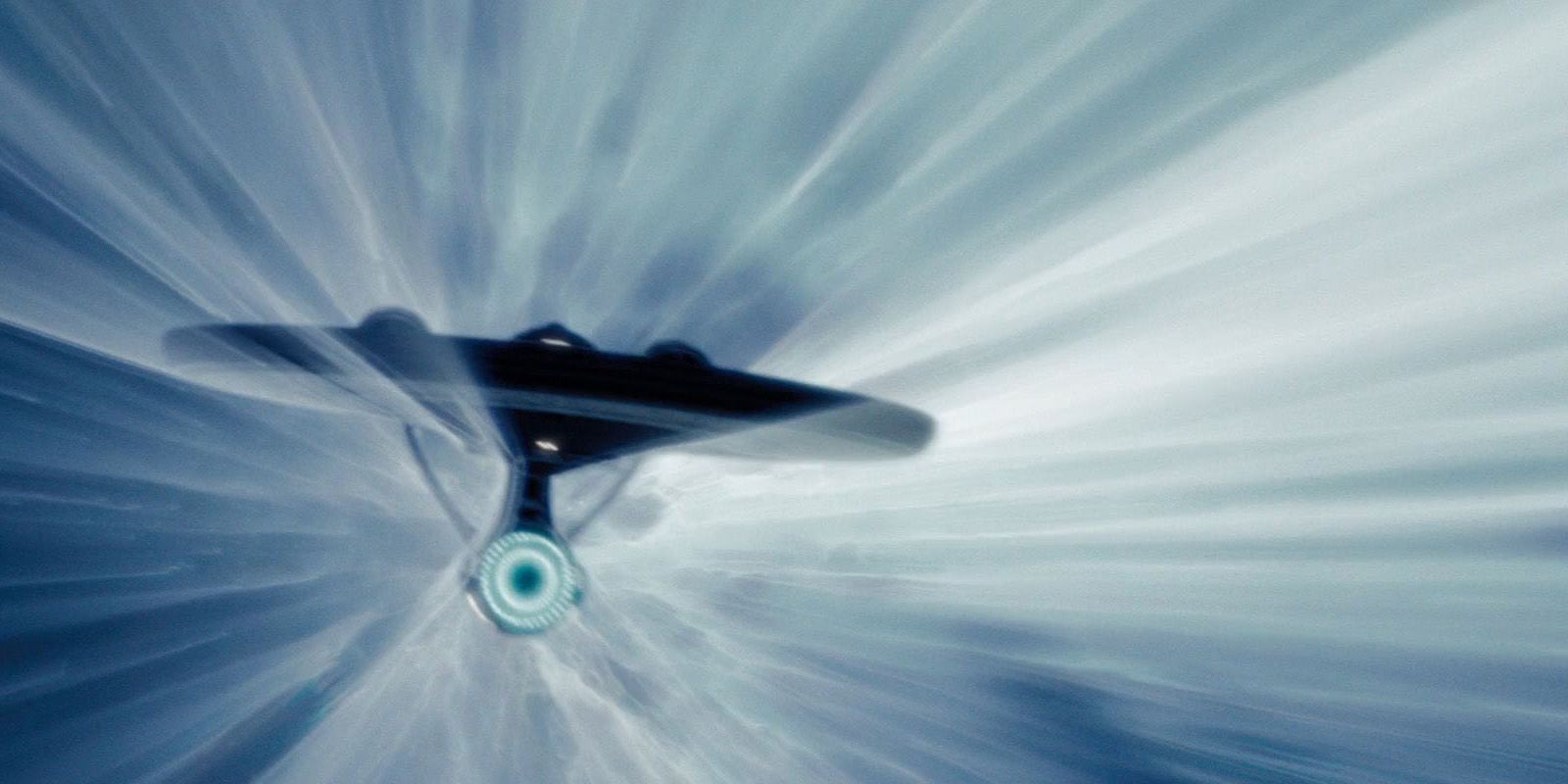Every now and then a great science fiction movie or show comes along that completely redefines the genre for a generation. While these stand-alone moments are great, it’s when they grow and become a successful franchise that we, the audience, are often treated to something far greater.
While a franchise can be dismissed as a cash-grab, some grow and deliver far more as multiple release allow for the fictional universe to deliver deeper and richer stories. For instance, Star Trek II: The Wrath of Khan is widely considered to be a masterpiece of sci-fi cinema but wouldn’t have been possible as a stand-alone movie. The same can be said of Empire Strikes Back.
Some franchises fail to live up to their early promise. The original Robocop, for example, is a stunning piece of cinema with messiah allegories aplenty. The sequels were progressively weaker, the TV show forgettable, and the reboot widely considered to be inferior to the first.
When ranking these franchises, it’s hard to be objective. We've chosen based on the following criteria: longevity, quality, consistency, impact on the genre, and crossover success.
Here are The 20 Greatest Sci-Fi Franchises Of All Time.
20. Predator
The original Predator movie is a classic of both sci-fi and action cinema and looks as good today as ever. The alien hunter is merely glimpsed throughout most of the movie, with only his point of view giving any clue as to his motivations. By keeping him out of sight, the tension is ratcheted up until he is finally fully revealed in his showdown with Schwarzenegger’s Dutch. It evokes a Hitchockian tension-- no small feat for a pumped-up ‘80s action flick. The Predator is still one of the most widely-recognized pop-culture symbols at comic book conventions the world over, thanks to Stan Winston’s incredible creature design.
The Danny Glover-led sequel isn’t considered to be in the same league as its predecessor, but it does serve up a broader mythology for the Predators. We get glimpses of their technologies, history, and social structure. It also gives us a hint of a shared universe with the Alien movies, as a Xenomorph skull is seen in the Predator’s trophy collection. While the Aliens vs. Predator movies were pretty weak, the franchise crossovers in comic books and novels are considerably stronger.
While as a whole, the franchise has some weak points, it still has the potential to make a comeback thanks to the upcoming Shane Black-helmed sequel. Given that he appeared in the original movie as Hawkins, the first of the elite soldiers to die, he is likely to give the movie the reverence it deserves and finally give the fans the sequel they’ve been waiting for.
19. The Matrix
The Matrix changed everything. Expectations weren’t exactly high, Keanu Reeves had starred in a few weak and forgettable movies post-Speed, the directors were almost unheard of, and virtual-reality (which most media outlets at the time thought the movie was about) was as dead as a dodo. And yet it became the sleeper-hit of the summer back in 1999. While The Phantom Menace earned more at the box-office, The Matrix was the sci-fi star of the year. Every action flick for the next few years used the film's iconic bullet-time style special effects.
The franchise was ambitious from then on; tie-in video games and sequels followed, along with a series of animations known collectively as The Animatrix. None matched the impact of the original, with the Matrix sequels often being mentioned in the same breath as the Star Wars prequels.
But, while The Matrix did fall on hard times in terms of how fans reacted to the sequels, the impact of the original makes it worthy of its place in this list. Maybe one day it’ll get the re-boot it deserves.
18. Mad Max
A while ago, it would have been easy to dismiss Mad Max as cult favorites from the time when Mel Gibson was box-office gold. However, the reboot/sequel Mad Max: Fury Road has shown that it’s still a highly viable franchise. Fury Road wisely stuck to the original formula for success, but also added elements that were uniquely its own. Tom Hardy didn’t try to imitate Mel Gibson; instead, he adapted to the role by bringing his own voice to the character.
With sequels in the pipeline, Mad Max is very much a sci-fi franchise with a bright future. The struggle for survival in a world destroyed by war and greed is as relevant to modern audiences as it was when the original trilogy was made. Indeed, many found that the struggle to survive the elements and human predators stood as a metaphor for the refugee crisis in the wake of wars in Syria and Libya, perhaps making the franchise even more relevant today.
Like many great franchises, the true strength lies in the performances, as well as in the storytelling and effects. Both Tom Hardy and Charlize Theron were widely praised for their performances, so it’s fair to say that this particular franchise is in good hands for the foreseeable future.
17. Babylon 5
Few franchises garner such vocal commentary from the fans and the haters. Depending on who you ask, Babylon 5 is either a masterpiece of the genre or the worst piece of television ever made. But in many ways, that is what makes it great. Unlike the more universally-beloved franchises that either you love or you’re wrong, Babylon 5 demands that you make up your own mind and judge it for yourself.
Babylon 5 is often compared to Star Trek, but it’s an unfair comparison as the two franchises look to the future in vastly different ways. While Star Trek shows a human population that has moved past bigotry, it's still very much present within the Babylon 5 universe. In Babylon 5, people still need to learn true tolerance and cannot put petty political rivalries aside. Some say it lacked the optimism of Star Trek, others praised it for being more realistic about how humanity would adapt as part of a society made up not just of different cultures, but species as well.
Always intended to be a finite story, certain plot threads dangled in the early seasons and were not addressed again until a few years later. This attention to detail, as well as a clear idea of where the show was going, prevented the meandering storylines and loss of focus that some shows have over time.
If you’ve never seen Babylon 5, we recommend that you watch. Love it or hate it, you’ll be right either way.
16. Jurassic Park
Jurassic Park did for dinosaurs and palaeontology what Star Wars did for space and NASA. It made them undeniably cool for a whole generation.
When Jurassic Park was released back in 1993, the seamless blend of CGI and practical effects were highly praised, and they still look great today. What truly made the movie stand out from standard creature features was a story about man’s hubris. The film first showed man’s pride in technological wonders-- then the inevitable failure of those systems showed humans for what they truly are; terrified, small things, running to catch up with nature.
The Lost World and Jurassic Park 3 were both met with much less love than their predecessor. The Lost World is a mostly brilliant movie with an unnecessary Godzilla-esque ending tacked on. Jurassic Park 3 is a mere re-tread and, for over a decade, seemed to be the final nail in the coffin.
2015’s Jurassic World breathed new life into the extinct franchise. Unlike the previous movies, Jurassic World showed a theme park that had been up and running for several years, seemingly without incident. This time, it isn’t just man’s over-reliance on technology that proves to be his undoing, it’s meddling with nature to an even greater degree. Creating a genetic hybrid dinosaur with the size and power of a T-Rex and the intelligence of a Velociraptor ends in disaster, but in terms of box office, it was a huge hit. With two more sequels in development, it’s likely that this monster-franchise will continue to amaze for many years.
15. The Terminator
If The Terminator franchise had ended after two movies, it would be far higher on this list. While the first two movies were groundbreaking, smart, and most of all enjoyable, the three movies that came after were... not.
Despite allegations of plagiarism by Harlan Ellison, The Terminator felt fresh and exciting. It captured fears of foreign supermen and nuclear weapons from the height of the Cold War. The cold and emotionless Terminator was truly terrifying and Schwarzenegger was praised for his performance.
The sequel, Terminator 2: Judgement Day, which sees an identical Terminator now programmed to protect the Connors, is still seen as one of the best sequels of all time. It used elements of the first movie, but also took the story further and shifted the focus from mere survival to actually fighting back. As the Cold War was over by that point, the focus shifted to the enemy from within. The T-1000, the new antagonist, is dressed as a cop for most of the movie in a poignant reminder of police brutality seen in the news in the 1990s. The sequels provided little to no social commentary. Terminator Genesys attempted some by making Skynet an operating system that included social media, but it felt extremely forced.
There have been some great non-canon stories in novels and comic books, plus the underrated TV series Terminator: The Sarah Connor Chronicles. The Terminator itself remains a staple of pop culture. If only we could collectively forget movies 3 through 5 ever happened…
14. Godzilla
Godzilla is, believe it or not, the longest running film franchise in the world, having been in continuous production since 1954. When the first movie was released, it was more than a mere monster movie. It tapped into the fears of nuclear radiation, which were very much still part of the collective consciousness in 1950s Japan.
While the tone of Godzilla movies have varied over the years, its popularity has been enduring. Godzilla has been shown at times to be a simple menace to humanity and at others to be a protector who stands for traditional Japanese values. Often Godzilla is seen to be a defender of the natural order of things, rising up to deal with threats such as Mothra before seemingly hiding in isolation once more.
Hollywood adaptations have varied greatly, with the 1950’s Japanese movies being re-cut to feature footage with actor Raymond Burr. In 1998, we see a slightly tongue-in-cheek adaptation from the creators of Independence Day, which was a straightforward creature-feature, with little in the way of social commentary besides the nuclear weapons tests being shown as an origin for the creature.
The 2014 reboot of Godzilla for American audiences was a major box office success and has prompted at least one further sequel. It also encouraged the Japanese reboot, which was met with much acclaim.
13. Firefly/Serenity
Firefly has one of the most loyal fanbases in modern fandom. So-called “Browncoats” (named after the rebels seen in flashbacks) consider the franchise to be one of the best shows of all time, despite being cancelled by Fox before the first season had even finished production. The fandom was so strong that the sales of Firefly on DVD prompted a movie, Serenity, which picked up after the series and wrapped up many of the storylines from the show. While not a major hit at the box office, it has also gone on to be a cult success.
The show blended elements of space opera as well as classic westerns. While this had been done before several times, the rag-tag crew felt organic. The ensemble cast is widely considered to be the reason for the show’s popularity. Fox executives didn’t get the show, and due to initially poor numbers, cut it quickly. This only emboldened the fans, who demanded more. While the movie did give the show a sense of completion, the franchise has continued with a series of comic books.
While it’s unlikely that we’ll ever see Firefly/Serenity back in a live-action form, it remains an important part of the genre. It’s also synonymous with “shows that got cancelled too early” so it’s unlikely to ever be forgotten.
12. The X-Files
Few sci-fi shows have ever achieved the kind of mainstream success of The X-Files. The tagline “The truth is out there” became synonymous with the pop culture of the 1990s and was responsible for much of the rise in popularity of conspiracy theories to this day.
Borrowing from "monster of the week" anthology shows as well as from both The Twilight Zone and The Outer Limits, The X-Files blended an on-going story involving an investigation into the government cover-up of an extra-terrestrial invasion as well as stand-alone episodes dealing with other paranormal and marginalized cases.
While the subject matter captured much of the pre-millennial tension of the 1990s, a massive part of the show’s success came from the chemistry between the two leads. The emotional and obsessive Fox Mulder and the calm and scientific Dana Scully were diametrically opposed and much of the series focused on their different approaches to their cases. Many people commented that the gender-swap in terms of the characterizations gave a fresh approach to the portrayal of women on TV. While early sci-fi often cast women in hysterical roles, Ripley in 1979’s Alien began to change this a great deal. Dana Scully cemented the change, and sci-fi has never looked back.
11. Alien(s)
And speaking of Ripley, no sci-fi article could be complete without discussing Alien. The seminal movie blended horror, smart storytelling, and incredible performances like never before.
While the first movie was an instant classic of both horror and sci-fi, the second did something altogether different. Aliens sees the planet from the first movie going dark after being colonized. When marines are sent to investigate with Ripley in tow, they find hundreds of aliens. Despite a technological superiority, they are constantly outmatched by the aliens-- a deliberate allegory for American forces in the Vietnam War.
Widely considered to be one of the best sequels of all time, Aliens has been the benchmark for most spin-offs from the franchise. Hundreds of comic books, novels, and video games use the battle as the backdrop for their adventures.
Sadly, Alien(s) doesn’t quite make our top ten due to the weakness of subsequent movies. While Alien3 has its moments, it fails to move the story forward. Stories of behind the scenes trouble have made fans quite forgiving, however. There is little love for Alien: Resurrection, whose use of cloning as a plot device to bring back Ripley led to complaints that it undid her sacrifice from the previous movie.
Two masterpieces, two flops, and two poor crossovers with the Predator movies mean that despite the promise of the first two movies, Alien(s) doesn’t quite crack the top ten. If the long-rumoured sequel does indeed erase everything after the end of Aliens, we could see this franchise return to its former glory.
10. Back to the Future
Kicking off our top ten, Back to the Future has both cult and mainstream classic status due to its enduring popularity. The forgettable animated series aside, it is one franchise that is almost universally considered to be objectively “good”. While the Western-themed third instalment is generally regarded as the weakest of the three movies, it in no way lets the series down.
What probably makes the franchise such an enduring favourite isn’t the jokes or the effects, it’s the performances of the lead stars. It’s impossible to imagine anyone else but Michael J Fox as Marty McFly or Christopher Lloyd as Doc Brown. The chemistry between the two friends is flawless.
While the adventures of Doc and Marty ended decades ago, the hype surrounding the 30th anniversary last year (incidentally the day Marty arrived in the future) indicates that there is still a huge amount of love for the franchise. Considered to be a series that is off-limits for a remake by both the producers and the fans alike, it’s unlikely that the franchise will ever be spoiled, now or in the future.
9. Flash Gordon
You’re probably a bigger fan of Flash Gordon than you realize. While onscreen adaptations have been hit and miss, the original comic strip from the 1930s is a major influence on many aspects of contemporary science fiction and comics. The tight-fitting outfits worn by Flash Gordon were the basis for both Superman and Batman’s early designs, and creator Alex Raymond is considered to be a pioneer of the dramatic and action-packed episodic storytelling we see in modern comics.
Created to compete with the already established and successful Buck Rogers comic book strip, Flash Gordon went on to become a much larger franchise. The camp movie adaptation is often parodied, but it shares an odd symbiotic relationship with Star Wars. George Lucas wanted to adapt Flash Gordon, but created Star Wars when he was unsuccessful in acquiring the rights. Ironically, the success of Star Wars prompted the Flash Gordon movie to be greenlit.
While far from the peak of its popularity (the last TV adaptation wasn’t a major hit), Flash Gordon remains an important part of sci-fi history. If handled properly, the adventures of Flash and his friends on faraway worlds could be as exciting as they ever were.
8. Stargate
Stargate began as a single movie in 1994, created by Roland Emmerich and Dean Devlin. Plans for a sequel were shelved as the pair shifted focus onto their next project, Independence Day. In 1997, Brad Wright and Jonathan Glassner created a television series titled Stargate SG-1 as a sequel to the film. This show became the basis for the continuing franchise that saw 17 seasons consisting of 354 episodes of programming across several spin-off shows.
While the franchise has been on hiatus since 2011, when Stargate Universe ended its run, it continues to be a fan-favourite. It has crossed into animation, comic books, and novels (many of which are non-canon and contradictory), making it one of the franchises with the biggest impact across the most media.
One of Stargate’s most interesting elements, besides the Stargate itself (a theoretical Einstein-Rosen bridge), is that all events take place in a seemingly normal universe much like our own. While later series included fantastical elements such as spacecraft reverse-engineered from alien tech, it is not set in the future and therefore the space-faring characters are more grounded in reality than in many other shows.
7. Planet of the Apes
While most famously a series of movies, the franchise that became Planet of the Apes actually began as French author Pierre Boulle's 1963 novel La Planète des Singes. Boulle himself didn’t consider the novel to be a sci-fi at all but rather more of a fantasy and social commentary on humanity. In it, a French journalist goes to a far-off world and observes speechless, primitive humans being herded by apes. The intended message of the novel was that human intelligence wasn’t a fixed quantity, and would atrophy if we did not use it. The humans in the novel were not unlike the future of humanity seen in Jules Verne’s The Time Machine where humanity had lost its intelligence and had devolved.
The original Planet of the Apes movie took great liberties with the source material. The shock ending, where Charlton Heston realizes he wasn't actually on an alien world, but on a future Eart, ravaged by nuclear war, all along, has been the subject of much parody and imitation ever since.
Numerous sequels followed, as well as two television series in the ‘70s. Plans for a reboot movie remained in development hell for well over a decade, culminating in Tim Burton’s 2001 movie starring Mark Wahlberg. While successful, the negative response by some fans and critics meant there was no sequel.
With a recent reboot series having done well, and a sequel in the pipeline, the franchise is finding a new audience for the 21st century.
6. Battlestar Galactica
The 1978 series of Battlestar Galactica began with the premise that, in a far-off part of the universe, there were human colonies, spread across a dozen worlds, that had been embroiled in a war with a race known as Cylons. Lured into a trap by the Cylons, humanity is devastated by a series of enormous assaults and all but eradicated. The survivors, led by Commander Adama, leave in search of a fabled thirteenth colony, Earth.
The show didn’t last long, partly due to legal disputes over its similarities to Star Wars, but was revived briefly in 1980. The 1980 series picked up the adventures of the next generation of space travellers as they finally found Earth.
The 2003 Battlestar Galactica re-imagining was a huge success and led to further series, spin-offs, webisodes, and a prequel series that explored the wider mythology of the series. While the original had used elements of Mormon theology in its story-telling, the re-imagined universe put theological debate at the center of the story. Cylons had embraced a singular god, while humanity worshipped a pantheon. This formed much of the conflict and debate throughout the series.
While the critically-acclaimed series ended several years ago, there remains hope for another reboot. A feature film has been in development since 2009, with Bryan Singer voicing interest in directing at one time. Recent reports suggest a script is still in development. Given how beloved the franchise is, the 2003 version especially, it will have very large shoes to fill.
5. Doctor Who
For some, Doctor Who is defined by its longevity. Since 1963, the adventures of the enigmatic man known as the Doctor have kept audiences entertained on both sides of the Atlantic. Despite a lengthy hiatus between 1989 and 2005, Doctor Who has aired a massive 826 episodes!
Beyond its longevity, Doctor Who remains popular due to its constant ability to reinvent itself. The Doctor is a Time Lord from Gallifrey. Nearly immortal, he has the ability to regenerate his body into a new form. In practical terms, this has allowed a dozen actors to take the role, each giving it a distinctly different feel to their predecessor. The Doctor tends to travel throughout time and space with a companion or two, who often travel with more than one incarnation of the Doctor. Constant changes in the cast allow audiences to jump in without needing a comprehensive knowledge of the wider mythology.
Much of Doctor Who’s enduring popularity comes from its staying true to what has gone before. While new actors take on the title role, the history and mythology of the show is never actually rebooted. This franchise hasn’t moved into as many new territories as many others, but it has produced some fine novels and comic books as well as audio plays.
4. The Twilight Zone
While The Twilight Zone didn’t invent sci-fi, it certainly introduced many of its most common tropes and inspired many shows and movies that came after.
First airing in 1959, The Twilight Zone was Rod Serling’s attempt to create a show that didn’t just tell sci-fi stories, but commented on the issues of the day. He had previously worked on a political show for network television, but was unable to comment on real issues due to censorship by the network and sponsors afraid of being politically biased.
Serling sold the script for an episode called The Time Element, which was produced as an episode of the anthology television series Westinghouse Desilu Playhouse. The episode was critically praised and led to The Twilight Zone being greenlit. While it served as a pilot, it was not actually an episode of the show. However, it did introduce the show's opening and closing narration, as well as the twist ending that would become synonymous with the show.
While each episode of the show was stand-alone, several familiar trends began to appear. Many episodes were a subtle commentary on political issues such as race, class, and communism. Some were allegorical, and others downright blatant in their approach.
With several revival series, a feature film, games, novels, and comic books, The Twilight Zone has earned its place as one of the most important sci-fi franchises of all time. It is often cited as an inspiration for many popular shows, such as The X-Files and Fringe.
3. The Outer Limits
Often compared with The Twilight Zone, The Outer Limits is also an anthology series, though its stories have tended to focus on science fiction stories rather than fantasy or supernatural elements-- hence its higher placement on this list.
Like The Twilight Zone, each episode dealt with a stand-alone set of issues in a stand-alone universe. There were occasional links between episodes that tied certain seemingly unrelated stories together, but those were rare. The true strength of The Outer Limits came from the quality of the writing. Many of the creators of episodes were well-respected screenwriters in both television and movies. Joseph Stefano (writer of Hitchcock’s Psycho) in particular was responsible for many of the stand-out episodes from the show's early years. He was also the producer and guiding creative force behind much of season one.
Numerous episodes from the original run (1963-1965) were highly influential on modern sci-fi, with both "Demon with a Glass Hand" and "Soldier" by Harlon Ellison being seen by many as having influenced James Cameron’s The Terminator, although he denies these claims.
Unlike The Twilight Zone, which often told stories as if they were parables, The Outer Limits was straight-up sci-fi and focussed on more action and adventure. It was also a major influence on Gene Roddenberry’s Star Trek, which used many of the same actors, effects crews, and even monsters.
2. Star Wars
In 1977, Star Wars changed modern cinema forever. Like Jaws, two years before it, it was a massive summer blockbuster that broke all records at the box-office. Praised for its special effects and quality of story-telling, Star Wars became a sensation overnight. The Empire Strikes Back was released in 1980 and took the story into a much darker dimension with revelations regarding the parentage of protagonist Luke Skywalker and expansion of the series' mythology. While 1983’s Return of the Jedi is considered the weakest of the three original movies, it managed to provide a satisfying ending.
But Star Wars didn’t end there; fans clamored for more adventures set in the galaxy far, far away. A successful Marvel Comics series provided further looks into the rebellion and allowed Luke and co. to explore the never-ending universe. Incidentally, it also saved Marvel from bankruptcy.
A series of novels and games became known as the Expanded Universe, with novels such as The Thrawn Trilogy in particular, being considered as good as the movies. Continued interest in the series, as well as successful re-releases with improved effects and deleted scenes re-inserted proved enough to prompt a series of prequels between 1999 and 2005. While the prequel trilogy is widely considered to be far inferior to the originals, they did introduce a new generation to the franchise. Critically lauded animated series such as Clone Wars and Rebels, as well as the box-office hit The Force Awakens prove that Star Wars isn’t going anywhere just yet.
1. Star Trek
While debates about Star Trek versus Star Wars will continue indefinitely, Star Trek takes our number 1 spot. Both of these mega-franchises have had highs and lows, but Star Trek has produced more movies and shows, plus a comparable amount of tie-in media, including comic books, games, and video games.
Star Trek, unlike Star Wars, is tied to our own history. It’s about our hopes and dreams for a more tolerant world. While there is conflict, the future is envisioned as near-utopic. Humanity has learned to move past the things that divide us and has reached out to the stars with a united purpose.
The original series was cancelled after three seasons, but it earned a cult following and did very well in syndication. The box-office success of Star Wars led to plans for a movie production. While Star Trek: The Motion Picture was deeply flawed in many ways, it did well enough to warrant a sequel. Widely considered to be the best in the series, Wrath of Khan saw the crew begin one of their greatest arcs, which culminated in Star Trek IV: The Voyage Home.
Star Trek then returned to the small screen with The Next Generation. Critically lauded and a massive hit with fans, the new Enterprise and crew influenced a whole generation of shows, including Babylon 5 and Stargate. Further spin-offs such as Deep Space 9 and Voyager, as well as the prequel series, Enterprise, fleshed-out the Star Trek universe.
After franchise-fatigue kicked in, Star Trek took a novel approach to a reboot, establishing a new timeline in 2009’s Star Trek. With a new show in development, Star Trek continues to boldly go where no one has gone before.

